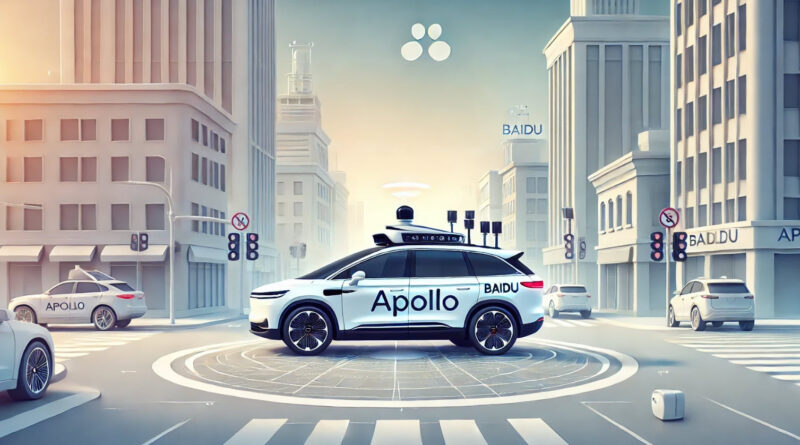Baidu’s Apollo Autonomous Vehicles Begin Testing in Hong Kong
Here’s what this means Baidu’s Apollo Autonomous Vehicles begin testing in Hong Kong, and the future of autonomous driving. In a significant step toward reshaping urban transportation, Baidu’s Apollo Go has received Hong Kong’s first-ever license to test autonomous vehicles. This milestone marks Baidu’s debut in self-driving trials outside mainland China and highlights Hong Kong’s growing ambition to become a key player in the autonomous vehicle (AV) industry.
A Controlled Start for Self-Driving Cars in Hong Kong
The Hong Kong Transport Department has granted Baidu Apollo International Ltd the green light to test 10 autonomous vehicles in the North Lantau region. The license runs from December 9, 2024, to December 8, 2029, and includes strict guidelines to ensure safety:
- One Vehicle at a Time: Only one self-driving car will operate on designated road sections during the initial phase.
- Backup Operator Onboard: A trained safety driver will remain in the vehicle to take over control if needed.
This cautious approach reflects Hong Kong’s commitment to balancing innovation with safety as it explores the potential of autonomous technology.
Hong Kong’s Push for Autonomous Innovation
Hong Kong has been laying the groundwork for autonomous vehicles since 2017. In March 2024, the city introduced new regulations that made it easier for companies like Baidu to conduct trials on public roads. This move demonstrates Hong Kong’s dedication to embracing cutting-edge technology to modernize its transport systems.
The city’s leadership in AV adoption also positions it as a model for other urban centers looking to integrate self-driving technology.
Why This Matters for Baidu
For Baidu, this isn’t just about testing vehicles—it’s a strategic move to expand its global footprint. Apollo Go, Baidu’s autonomous driving arm, is already a leader in China’s robotaxi market. By entering Hong Kong, Baidu takes an important step toward establishing itself as a global player.
Future Expansion Plans
Baidu has big ambitions. The company plans to roll out its Apollo Go robotaxi service in other regions, including Singapore and the Middle East. A spokesperson from Apollo Go shared, “We’re excited to bring the benefits of AI and autonomous driving to more countries and regions.”
What This Means for the Future of AVs
Baidu’s arrival in Hong Kong could pave the way for wider adoption of autonomous vehicles in urban environments. Here’s why this matters:
- Hong Kong as a Testing Ground: Success here could set a precedent for other cities looking to adopt self-driving technology.
- Global Innovation Hub: Hong Kong’s proactive stance on AVs enhances its reputation as a hub for technology and innovation.
- Collaboration Opportunities: Partnerships between tech companies and urban planners could accelerate the rollout of smarter transportation solutions.
What’s Next?
With trials now underway, all eyes are on Baidu and Hong Kong to see how this collaboration unfolds. The results of these tests will likely influence how other cities approach integrating autonomous vehicles into their transportation systems.
Final Thoughts
Baidu’s move to test autonomous vehicles in Hong Kong is a game-changer for the city and the broader AV industry. As self-driving cars hit the streets of North Lantau, the trials will serve as a litmus test for the future of autonomous urban mobility.
For Hong Kong, it’s a chance to lead the way in smart transportation. For Baidu, it’s an opportunity to solidify its position as a global pioneer in autonomous driving. And for the rest of us, it’s a glimpse into a future where self-driving cars become part of everyday life.
Buying a used VW. Buying used vauxhall, BMW, Jaguar, Ford, Volvo, Range rover, Bentley, Aston Martin, Porsche, Ferrari, Lamborghini, Maserati, Hyundai, Tesla, Honda, Pagani

